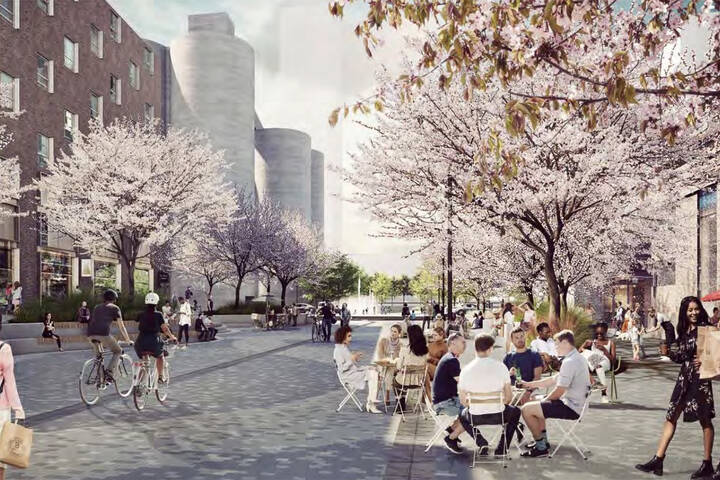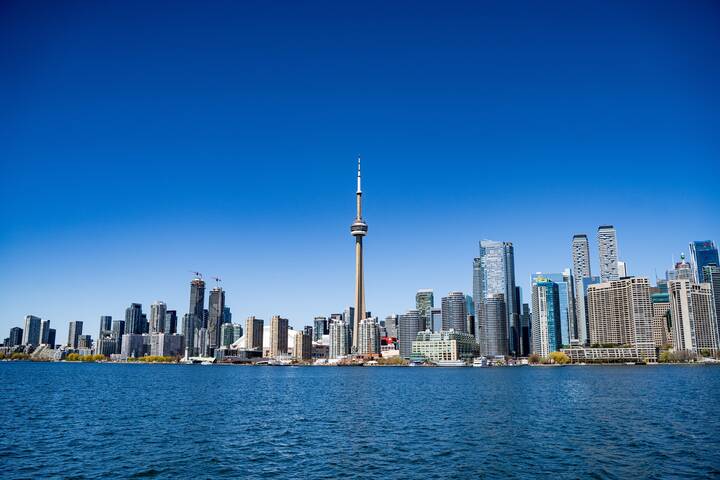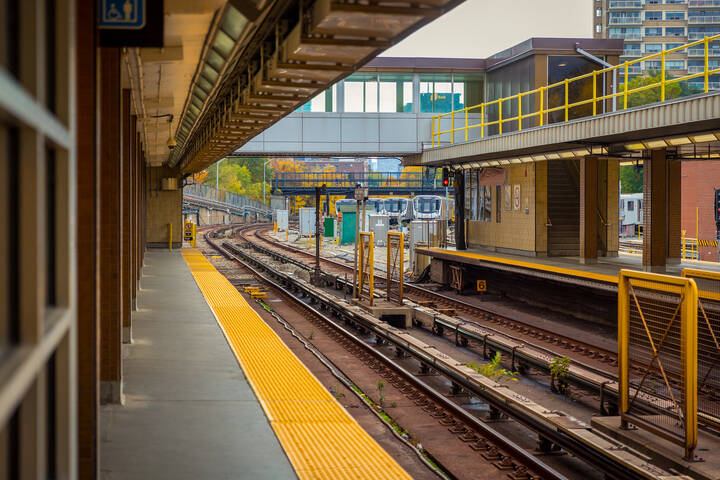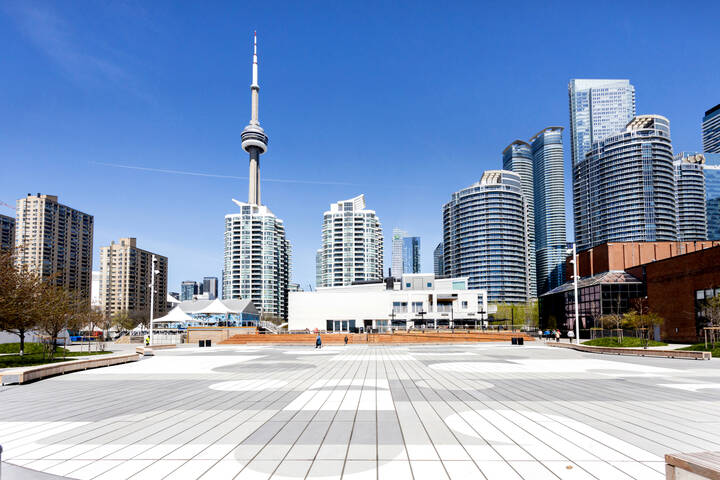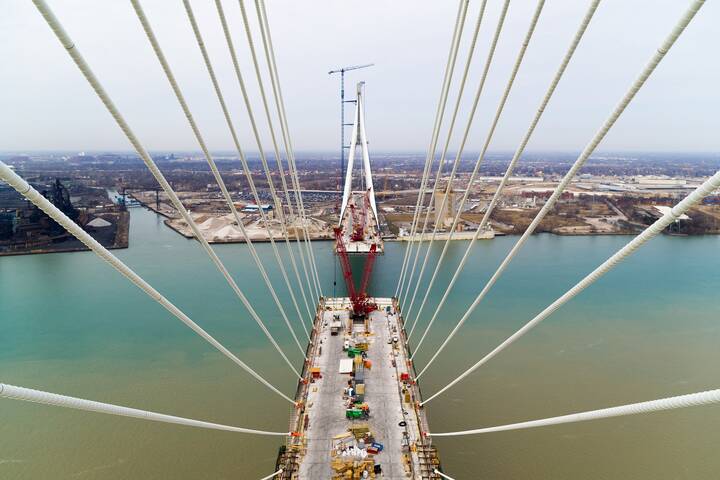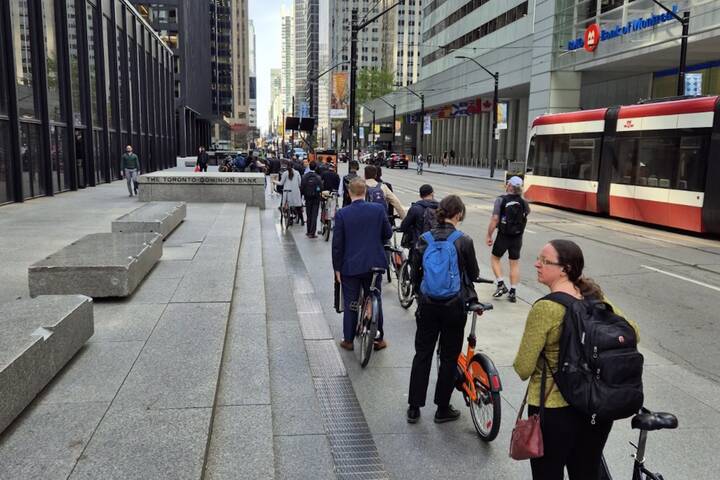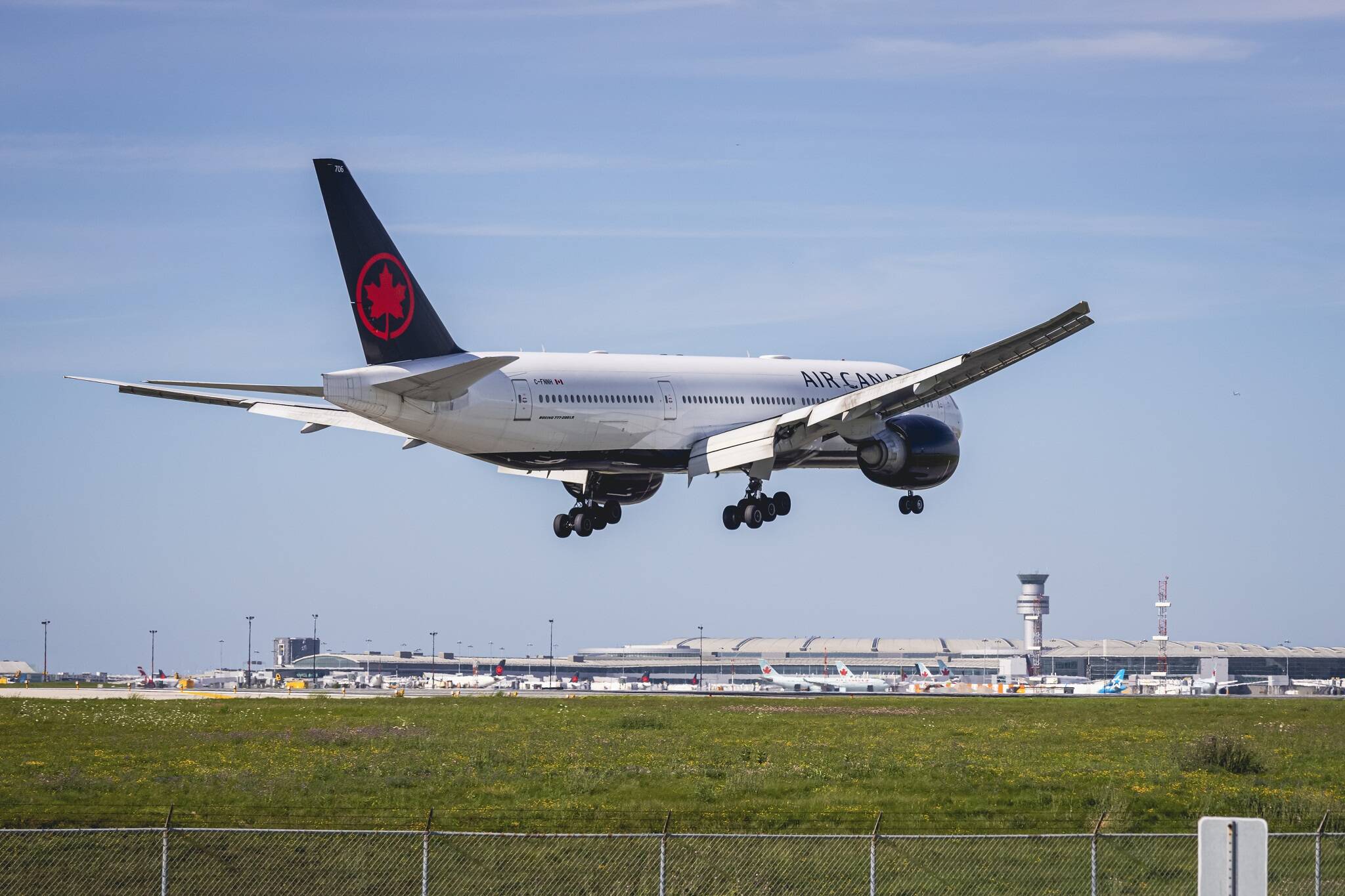
Immigrants are now leaving Canada at a faster pace
The federal government has heightened its immigration targets as its primary solution to resolve Canada's immense labour supply shortage, and sustain economic growth over the long term.
However, a study released this week by the Conference Board of Canada and the Institute for
Canadian Citizenship suggests Canada is not paying enough attention to its strategies to retain immigrants, which is just as important as attracting them to the country.
The pattern of "onward migration" — the term for describing immigrants who leave Canada — has been growing since the 1980s. It surged by 43 per cent from an attrition rate of 0.8 per cent in 2016 to 1.15 per cent in 2017, before spiking higher to 1.18 per cent in 2019, which is 31 per cent higher than the historical average of 0.9 per cent.
These attrition rates may seem small, but over time they are cumulative and can lead to a loss of 20 per cent or more of an arrival cohort over 25 years.
Onward migration is most likely to occur within the first 10 years of arrival, with the greatest risk of departure in the first four to seven years. The average cumulative attrition rate was 18 per cent for immigrants who arrived in the 1980s, and 21 per cent for those in the 1990s.
A 2022 survey suggests a sizeable proportion of younger immigrants are not satisfied with their Canadian experience, with 30 per cent of ages 18 to 34 indicating they are likely to move to another country within two years. More recent surveys also show falling support amongst Canadians for the country's elevated immigration policies.
Amongst those who decided to leave, according to the study, an average of 14.6 per cent moved on from Canada within 15 years of being granted permanent residence.
Immigrants are facing housing affordability and living cost issues, along with technical barriers to good, professional employment. Moreover, these issues are most acute in the areas where immigrants are most likely to live — in Greater Toronto and Metro Vancouver.
Without a corresponding increase in new housing supply to account for the population growth from the record-high intake of new additional permanent residents and temporary residents, the surge in migrants to Canada has had a vicious cycle in exacerbating housing affordability issues and infrastructure constraints, including the healthcare system.
"It was generally assumed that immigrants' experiences of (and commitment to) Canada must be generally positive. We all knew that immigrants faced a certain degree of discrimination and disadvantage, but we were confident that those who moved to Canada tended to fare better than those who didn't. This study shows those assumptions may no longer be as universally true as we thought," reads the study.
"Positive early experiences may be key to retaining immigrants in Canada and reversing the recent spike in onward migration. If onward migration remains high, it could undermine Canada's strategy to use immigration to drive population and economic growth."
The study asserts Canada is not doing enough to track its retention rate of immigrants. It suggests investments need to be made in settlement services and other programs to make immigration more rewarding and enjoyable, and that support is needed for employers to recruit, hire, and retain workers who are immigrants.
Moreover, all governments need to invest in infrastructure to accommodate the population growth.
Earlier this week, the federal government announced it will "stabilize" new immigration levels at 500,000 annually in 2026, instead of continuing the practice of reaching a new annual target.
The target for 2026 will be the same established target for 2025, which follows years of incremental increases, including 465,000 in 2023 and 485,000 in 2024. This follows the achieved volumes of 432,000 in 2022 and 405,750 in 2021.
Additionally, the federal government will work on "recalibrating" the number of temporary resident admissions, with student visas being one of the largest groups.
Jack Landau
Latest Videos
Latest Videos
Join the conversation Load comments

